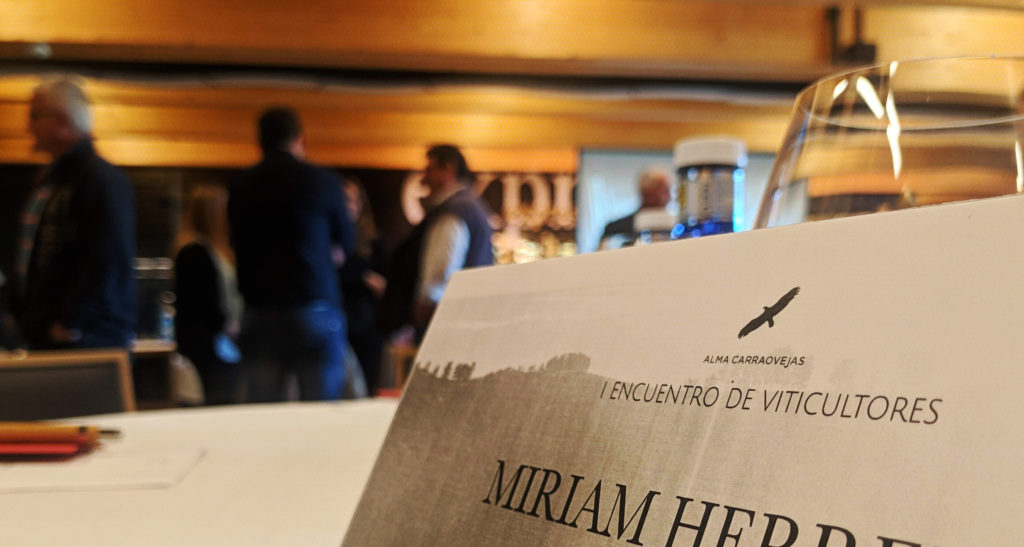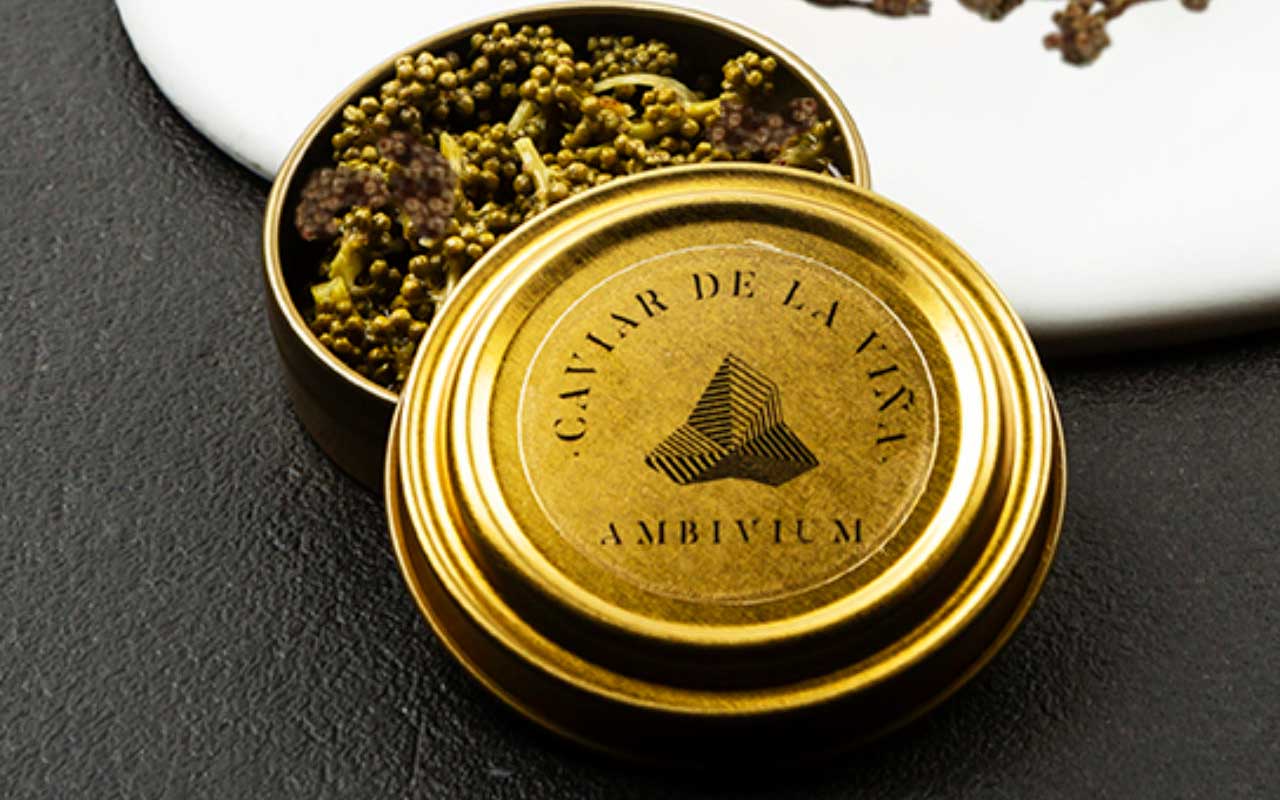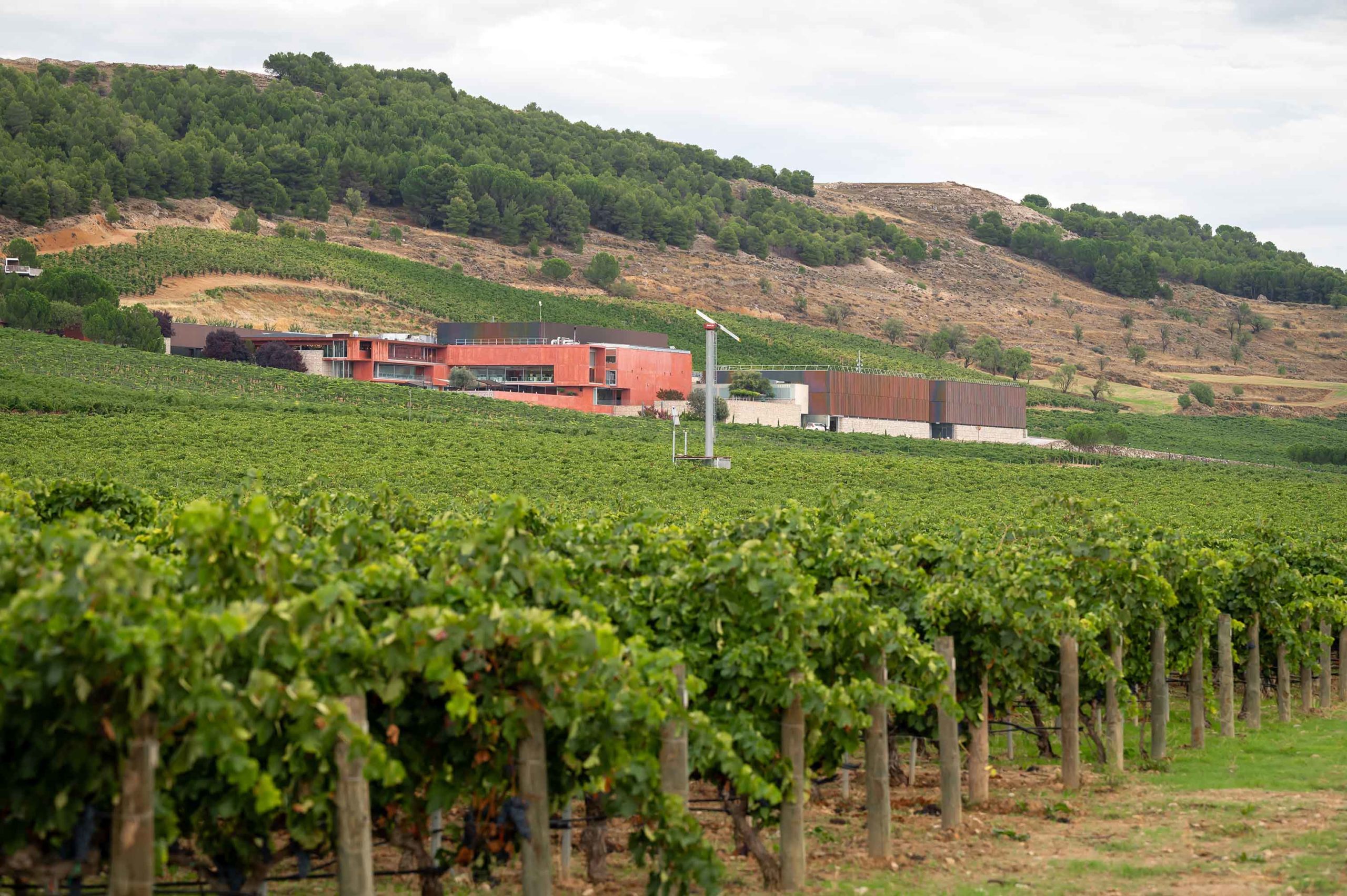
Trichoderma carraovejensis, a fungus able to protect grapevine from wood diseases
Pago de Carraovejas has identified in its vineyards a new species of fungus with characteristics and biocontrol properties that make it capable of protecting the vine from wood diseases. The fungus has been registered as a new species, Trichoderma carraovejensis, in honor of the estate where it was isolated, in a finding that has been possible thanks to the joint work that we have developed with the University-Company Research Group of Engineering and Sustainable Agriculture of the University of León (GUIIAS-ULE).
This new species of ‘beneficial fungus’ arises from the natural co-evolution of the fungus in sustainably managed vineyards, adapted to the environmental conditions of the Ribera del Duero Designation of Origin. The research demonstrates how Trichoderma carraovejensis closes the way to pathogenic fungi that initiate vine wood diseases. In this way it can protect vine pruning wounds from fungi that cause wood diseases, popularly known as ‘tinder’.
The prestigious scientific journal ‘Frontiers in Plant Science’ has published the results of this research of the University of León (ULE), fruit of the doctoral theses of Guzmán Carro-Huerga and Laura Zanfaño González, co-directed by professors Santiago Gutiérrez and Pedro Casquero, which has identified a new species of fungus in the vineyards of Pago de Carraovejas, and its characteristics and biocontrol properties, which make it capable of protecting the vine from wood diseases.
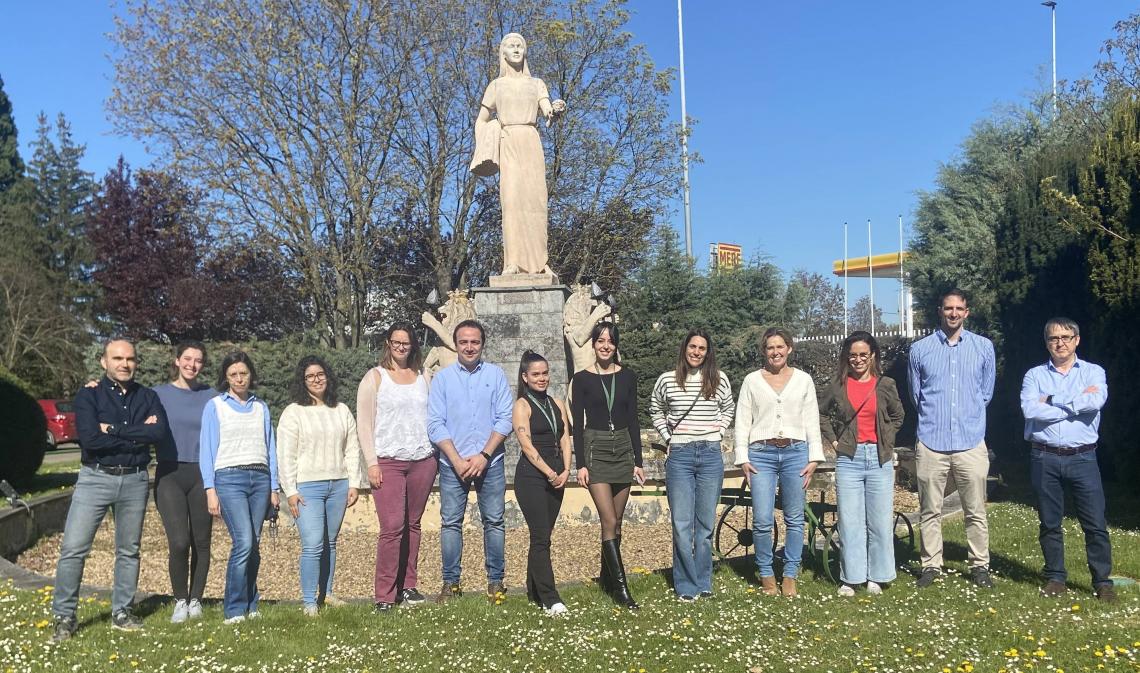
Biological control of the main problem in viticulture
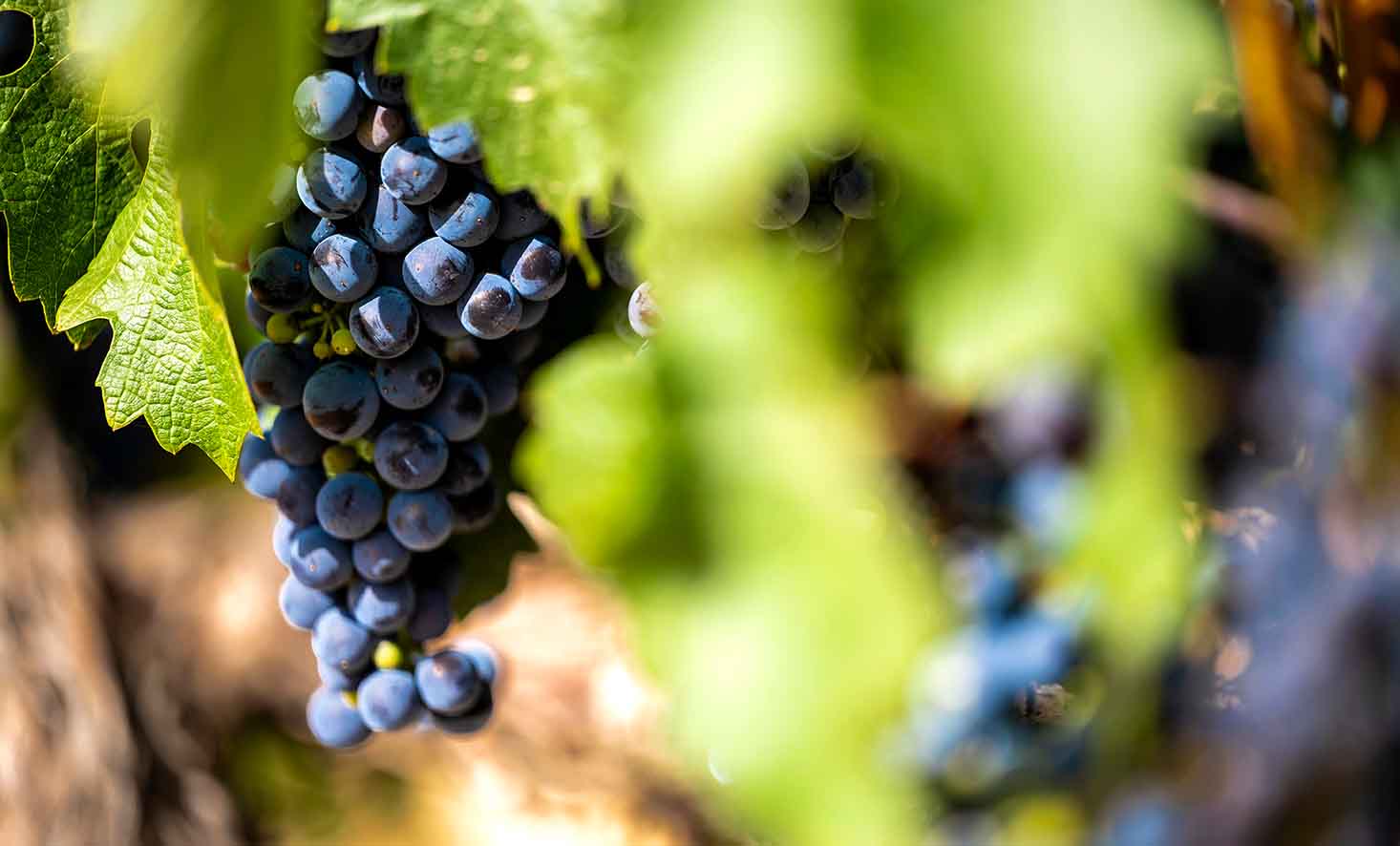
The research is a step forward in the sustainable biological control of the main problem of world viticulture, which are vine wood diseases. The work is the result of the University-Company collaboration that the group coordinated by Pedro Casquero and the winery Pago de Carraovejas has maintained for more than 12 years.
This project has been co-financed by the Center for the Development of Industrial Technology (CDTI) through the Strategic Program of National Business Research Consortiums (CIEN), bringing together the main Spanish wine groups in two consecutive four-year projects: ‘Global solution to improve wine production in the face of climate change based on robotics, IT technology and biotechnological and vineyard management strategies (GLOBALVITI)’ and ‘Study of new factors related to soil, plant and oenological microbiota that influence the acidity balance of wines and their quality assurance and stability in hot climates (LOWpHWINE)’.


